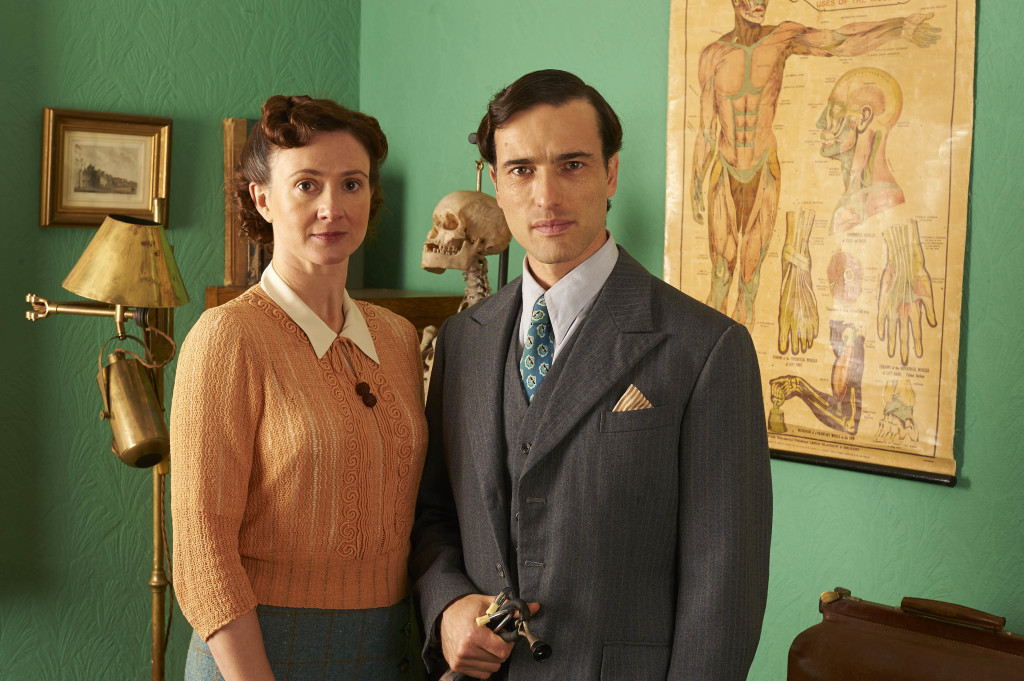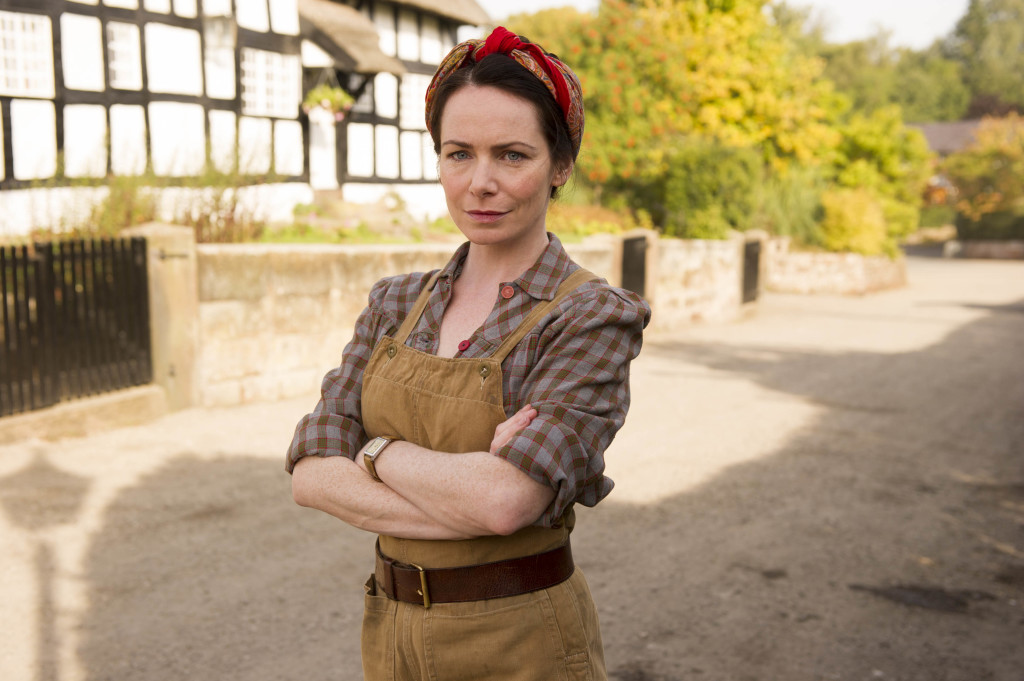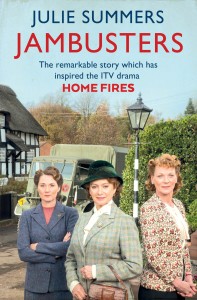Episode 2 of Home Fires is packed full of love, loss, hope and pain but I do not intend to write anything in this blog that would give away the plot. Instead I thought it would be fun to explore two of the themes which were introduced in Episode 1. The first is that of divorce. It was considered a disgrace to be cited in a divorce at almost every level of society. The stigma attached to any part in the unravelling of a marriage is today hard to imagine. In the United Kingdom there were 470,549 marriages and just 7,755 divorces in 1940. That was to rise dramatically to over 60,000 in 1947 as couples found they were incompatible in the sober light of post-war Britain. Those figures compared with 241,000 marriages and 120,000 divorces in 2011 show just how rare divorce was in the era of Home Fires.

Laura Campbell’s naming as the co-respondent in the formal break up of Richard and Charlotte Bowers’ marriage is therefore deeply humiliating and people’s attitudes towards her reflect the intolerance of 1940’s society. The fact that Wing Commander Richard Bowers was a predatory man has nothing to do with the way she is treated in Great Paxford. In reality, a disgraced woman would have brought shame not only on herself, damaging her chances of making a ‘suitable’ marriage, but also on her entire family. I recall as a child in the 1960s being told in a very hush hush way that one of my relations was getting something beginning with ‘D’. I immediately assume this meant death, but in reality she was leaving her abusive husband and filing for divorce. It was the first time I had ever hear the word. Laura is contending with a very difficult situation and we will soon learn whether there are people in the village who have sympathy with her.

As I have written before, it is so very difficult from this perspective to imagine what a perilous position Britain believed herself to be in during June 1940. An article in the New York Times of that summer gives perhaps just some hint of how dangerous the situation was as seen from the other side of the Atlantic:
… the wisest prophet in Christendom cannot say what is to come. The folk, old towns of Britain, the hills and cliffs and shores and meadows, rich with history, the homes and lives of forty-five million people, the great British traditions of human worth and dignity, the folk sayings, the deep wisdom and the long-suffering hopes of a race – these, not being pleasing to Hitler, are condemned.
Words falter. There are no phrases for the obscene ambition that attacks, for the magnificent mobilization of a people that defends, unshaken and unafraid. We can only pray that soon the time will come when the vultures no long defile the British skies, and the cry goes out from John o’Groats to Land’s End –
‘Twelve o’clock and all’s well!’

It was not the case that Britain was wholly unprepared. All during the 1930s the Secret Intelligence Services (SIS) and various government departments, including the War Office and Civil Defence had been planning how to keep the country safe in the event of war. Now, with their backs to the wall, SIS decided there should be a Home Defence Organisation known as D/Y which would be a sabotage and spying body. A team under Major Lawrence Grand drew up plans for a behind-enemy-lines stay-behind terrorist and intelligence gathering network. The thing that was new about this organisation was that although it would be overseen and supervised by army and professional SIS officers, the work on the ground would be undertaken entirely by civilian volunteers. Key here was that if a man fought in uniform he had the right, under the Hague conventions, to lay down his arms and claim prisoner of war status. A civilian, on the other hand, had no claim to POW status. The hope was that they could carry out their sabotage and blend into the background but if he or she was caught they would almost certainly be executed. In the end about 3,000 men and women from all walks of life, peers and poachers, policemen and priests, volunteered to undertake training in sabotage to be ready to hinder the invaders once they came. They were known as Churchill’s hidden army and the name they were given was designed to be as vanilla and inconspicuous as possible: Auxiliary Units.

All over the country people were preparing for invasion. Farmers, in particular, were called to help prevent aircraft from landing on their fields by placing farm machinery and old junk from their buildings onto fields that might be used as a landing strip. Some villages protected themselves by rolling huge tree trunks across the entrance roads. They were often on wheels so they could be rolled back to allow legitimate vehicles through. Signposts were removed from roads. Railway and bus stop signs were taken down in an effort to confuse the enemy when they landed and tried to make headway inland. Whether any of this would have worked in the face of the Wehrmacht is something that we shall never know as fortunately it was never tested. But make no mistake, even Churchill believed it unlikely that Britain would not soon be under the jackboots of an implacable foe.
Enjoy Episode 2. It is magnificent. Simon Block and Glen Laker’s writing sparkles through the words and actions of the outstanding cast. The mood in Great Paxford is tense, tempers are short and surprises come thick and fast. Roll on Sunday evening!
